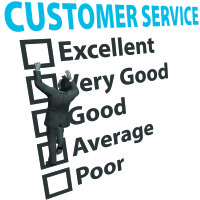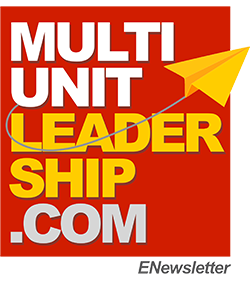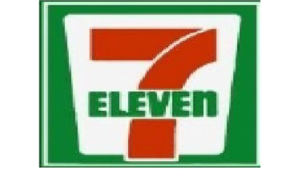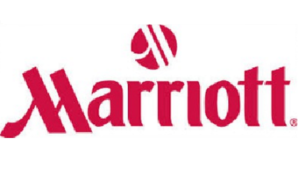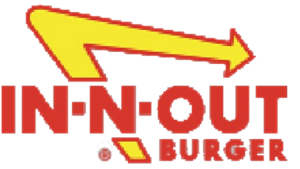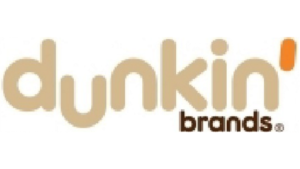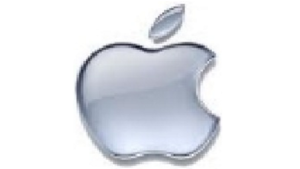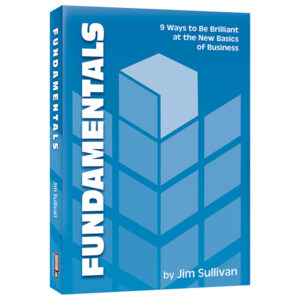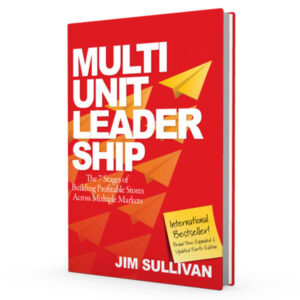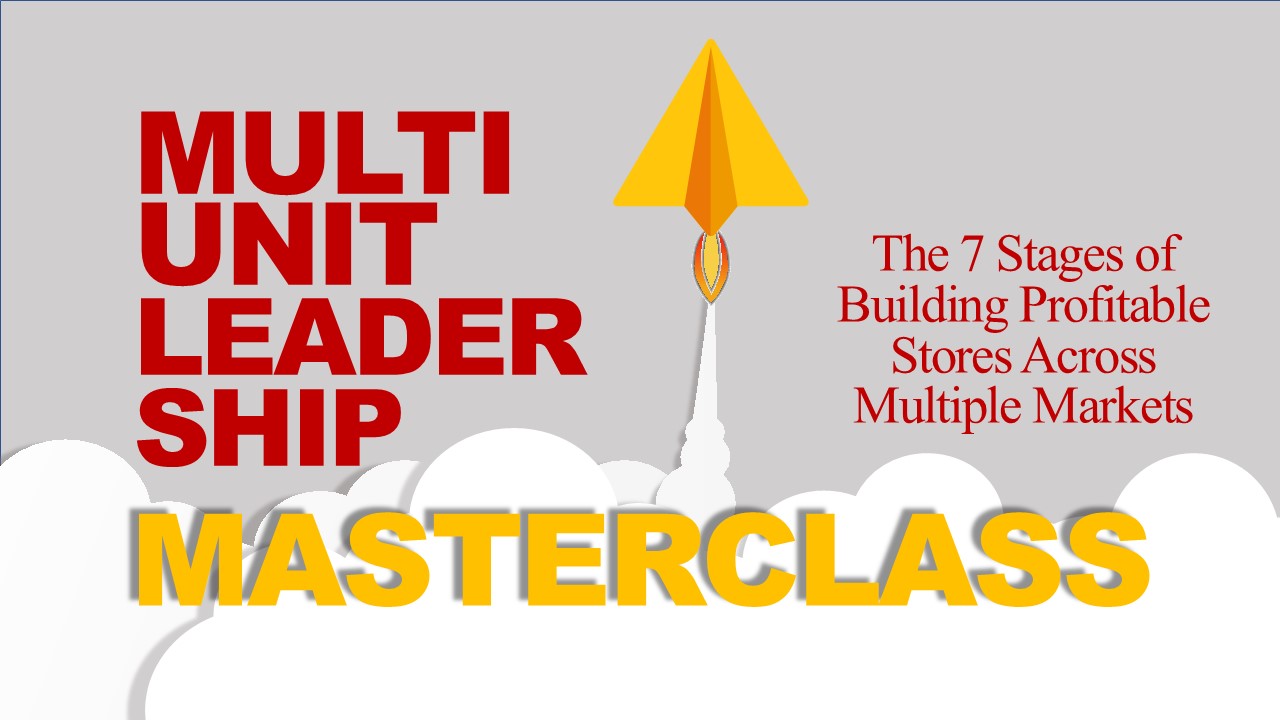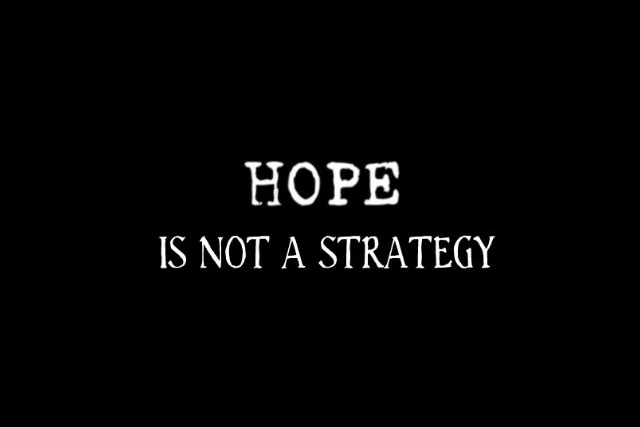You can’t build a pyramid from the top down. A house without a foundation will not stand. And any business without fundamentals firmly entrenched and dutifully executed can wither and shrink as small as the period that ends this sentence.
Strong businesses build their brands on The Basics and today’s competitive marketplace and post-COVID world requires us to be unflagging in executing the Fundamentals daily. So what are the critical building blocks of successful businesses in the post-pandemic 21st Century? Besides luck, pluck, nerve, heart, capital, masks and sanitizer, here’s a short list of the essentials:
Focus. When companies start strong and stay strong, it’s because they focused on the right things. (Being focused on the wrong things can be more detrimental than having no focus at all.) Focus is not just “clarity,” it’s about inspiring a shared vision. Focus is not just knowing the destination, it’s following the roadmap. Focus is not just “wanting to win,” it’s the willingness to prepare to win. Focus is not just being committed, it means being disciplined. What do the best operators focus first on? The things they can control. Not the things they can’t. Make the things that won’t change–Quality, People, Culture, Training–ever stronger, ever better.
Build Strong Teams. Everything starts with hiring. We must have the discipline and commitment in place to assure that only the most dedicated and most passionate and most talented people are allowed onboard. Otherwise we put weighty (and unnecessary) burdens on our frontline and multiunit supervisors, forcing them to under-lead and over-manage. We don’t build “business,” we build people. People build business.
Serve Better. In case you haven’t noticed, the top-rated customer service organizations are now online companies like Amazon, not traditional brick-and-mortar stores with a face-to-face presence. What happened? For one thing, these online companies anticipated and resolved 90% of their customer service challenges before customers visit the site. By investing in a complex infrastructure, FAQs, built-in suggestive selling and a no-constraints mindset and makeup, they can almost guarantee a smooth experience-providing you’re not a Digital Alien. But brick-and-mortar operations like ours are dependent on a Freudian Smorgasbord of people and personalities for service delivery, not the mathematical algorithms (and, it should be pointed out, a willingness to self-serve) that characterizes Web customers. The thing is, the Internet is digital, but people are analog. To build your customer traffic, first understand that guests don’t want to be treated like customers, they want to be treated like people. Have your customer-facing team excel in empathy and situational service; this is the connective tissue of guests engagement and heartfelt hospitality.
Sell More. Think about all the different ways a business can generate revenue: unit expansion, acquisitions, selling new franchises, going public, selling assets, etc. But the best route to a healthy balance sheet is by simply 1) acquiring more customers and 2) raising like-for-like sales. Do so with great service, smart selling and focusing the outcome of every guest transaction on a repeat visit.
Control costs. All money is not created equal. One hundred dollars in sales is one hundred dollars less taxes and expenses. One hundred dollars in savings is a hundred dollars. Be careful with inventory, portions and train the team train to think like owners do. Everything we don’t sell has a triple cost. You pay to buy it, you pay to store it, you pay to throw it away. Teach this awareness daily to your frontliners.
Always Be Marketing. How and when you advertise, who you hire, how you serve, what you sell all are functions of marketing. Since most every other Fundamental is dependent on marketing (without customers, service and selling and hiring are irrelevant), smart leaders approach marketing as a philosophy, not a department.
Out-Teach the Competition. Which companies do you admire most for their people, sales and service? Odds are those organizations are exceptional at training too. Teach everyone on your team something new every shift. Hire people with a bias for learning. And teach your team members how to think, not just what to do.
Lead Smart. Leadership is not a personality trait so much as the ability to master variable skill sets and knowing when and how to apply them. All leadership is situational. Smart leaders prepare to win: since you don’t really know on which day success will occur, you have to be ready every single shift.
Flexibility. When the covid-19 virus came swiftly with little warning to devastate economies, lives and standard operating procedures, you had a choice: pivot or wither. The businesses that took too long to decide (paralysis by analysis) were hurt the most. The ones who accepted the new reality and adapted to the circumstances succeeded in the face of crushing odds. What did these companies do that we can all learn from? They were flexible, decisive, energized and forward-thinking.
Execute. There are three elements of effective execution: 1) Habitual Consistency: daily and steady application of the Fundamentals, eliminating barriers to execution along the way. 2) Discipline: holding yourself and your team accountable for excellence—and results. And 3) Focus: knowing where and how the Fundamentals have to be applied if anything is to be executed: The Shift. Which brings us full-circle to the first Fundamental.
There was a time when focusing on the Fundamentals really mattered. That time is called now.
This article is excerpted from Jim Sullivan’s bestselling book Fundamentals: 9 Ways to Be Brilliant at the Basics of Business. It’s available here at Sullivision.com or at Amazon. Over 195,000 copies sold.

